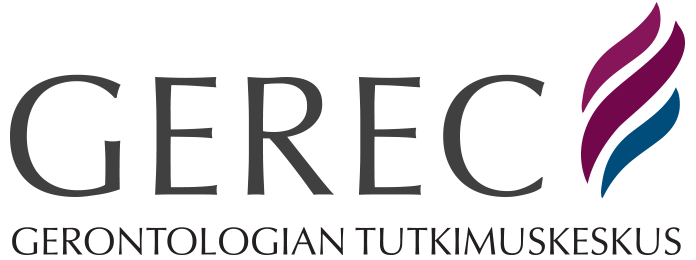
Hormonal aging as a regulator of skeletal muscle health and muscle-fat interaction in aging women
Hormonal aging as a regulator of skeletal muscle health and muscle-fat interaction in aging women
Infiltration of fat into the women’s muscle tissue increases during and after menopause. Postmenopausal women are also predisposed to metabolic disorders and functional declines. The hormonal aging leading to drastic reduction in systemic steroid hormone concentrations is associated with these changes. However, the role of sex steroid hormones in the regulation of fat-muscle interaction has not been previously studied. Our hypothesis is that hormonal aging disturbs fat-muscle interaction leading to enhancement in fat infiltration and changes in muscle cell metabolism and functions. The bi-directional cross-talk between fat and muscle tissues is likely to be key determinant of healthy aging affecting the rate of aging-related increment in adiposity and decrement in muscle functions.
This study combines unique human study designs and cell culture experiments with state-of-art system biological techniques enabling to gain comprehensive view of specific factors and entire signaling cascades involved in the regulation of healthy muscle aging. Our human study includes extensive functional measurements and muscle and serum samples from postmenopausal monozygotic female twin pairs who are discordant for the use of estrogen-containing hormone replacement therapy and from premenopausal women not using external hormonal preparations (SAWEs-study). Cell culture experiments involve utilizing human myotube and adipocyte cell lines.
Funding
Päivikki ja Sakari Sohlberg’s Foundation, Orion-Farmos Research Foundation
Research group
Postdoctoral researcher
Eija Pöllänen, eija.pollanen [at] jyu.fi, Department of Health Sciences, University of Jyväskylä
Collaborators
Prof. Gillian Butler-Browne, Institut National de la Santé et de la Recherche Médicale (INSERM) and Pierre & Marie Curie University (UPMC), Prof. Martin Wabitch, University of Ulm
